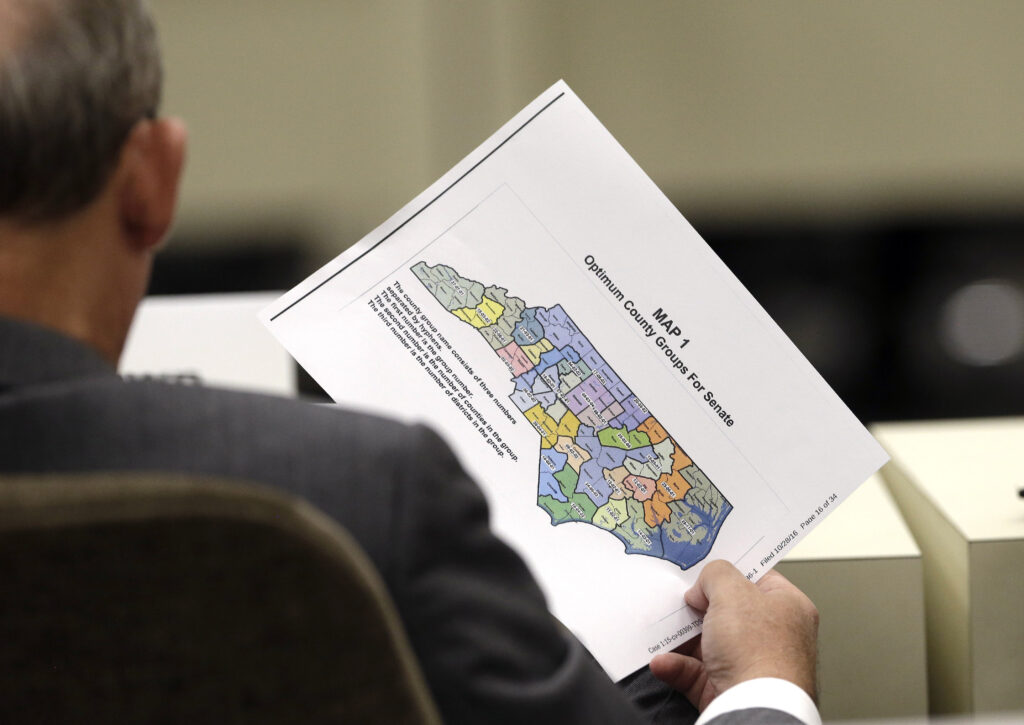North Carolina Supreme Court GOP Majority Permits Partisan Gerrymandering, Reversing Prior Decisions
WASHINGTON, D.C. — On Friday, April 28, the new Republican majority of the North Carolina Supreme Court issued a 5-2 party-line opinion overturning its prior decisions in Harper v. Hall, a previously decided redistricting case challenging the state’s congressional and legislative maps drawn with 2020 census data.
In its prior decisions in Harper, the North Carolina Supreme Court struck down the state’s congressional and legislative maps drawn with 2020 census data for being partisan gerrymanders (the February 2022 decision) and later rejected the remedial state Senate map adopted by the Legislature (the December 2022 decision).
In January 2023, after the majority on the court flipped from Democratic to Republican following the 2022 midterm elections, the North Carolina Supreme Court’s new Republican majority agreed to rehear the case following a request for rehearing from the Republican legislators who are the defendants in the lawsuit. The North Carolina Supreme Court reheard the case on March 14.

In today’s decision overturning the court’s prior rulings, the court’s Republican majority wrote that “[r]ecently, this Court has strayed from this historic method of interpretation to one where the majority of justices insert their own opinions and effectively rewrite the constitution. Today we return to the text of the state constitution, correct our course, and come back to the proper understanding and application of our fundamental constitutional principles.”
As a result of the ruling, the state Legislature will have full authority to redraw all of the state’s electoral maps this summer. This decision is a loss for North Carolina voters who no longer have state-level protections against partisan gerrymandering.
In a dissenting opinion, Justice Anita Earls wrote: “In a single blow, the majority strips millions of voters of this state of their fundamental, constitutional rights and delivers on the threat that ‘our decisions are fleeting, and our precedent is only as enduring as the terms of the justices who sit on the bench.’”
Notably, this state-level redistricting case ultimately morphed into Moore v. Harper, the pending U.S. Supreme Court case seeking review of the radical independent state legislature theory. It is possible that this ruling could have an impact on the case before the U.S. Supreme Court since the basis for that case is effectively moot.